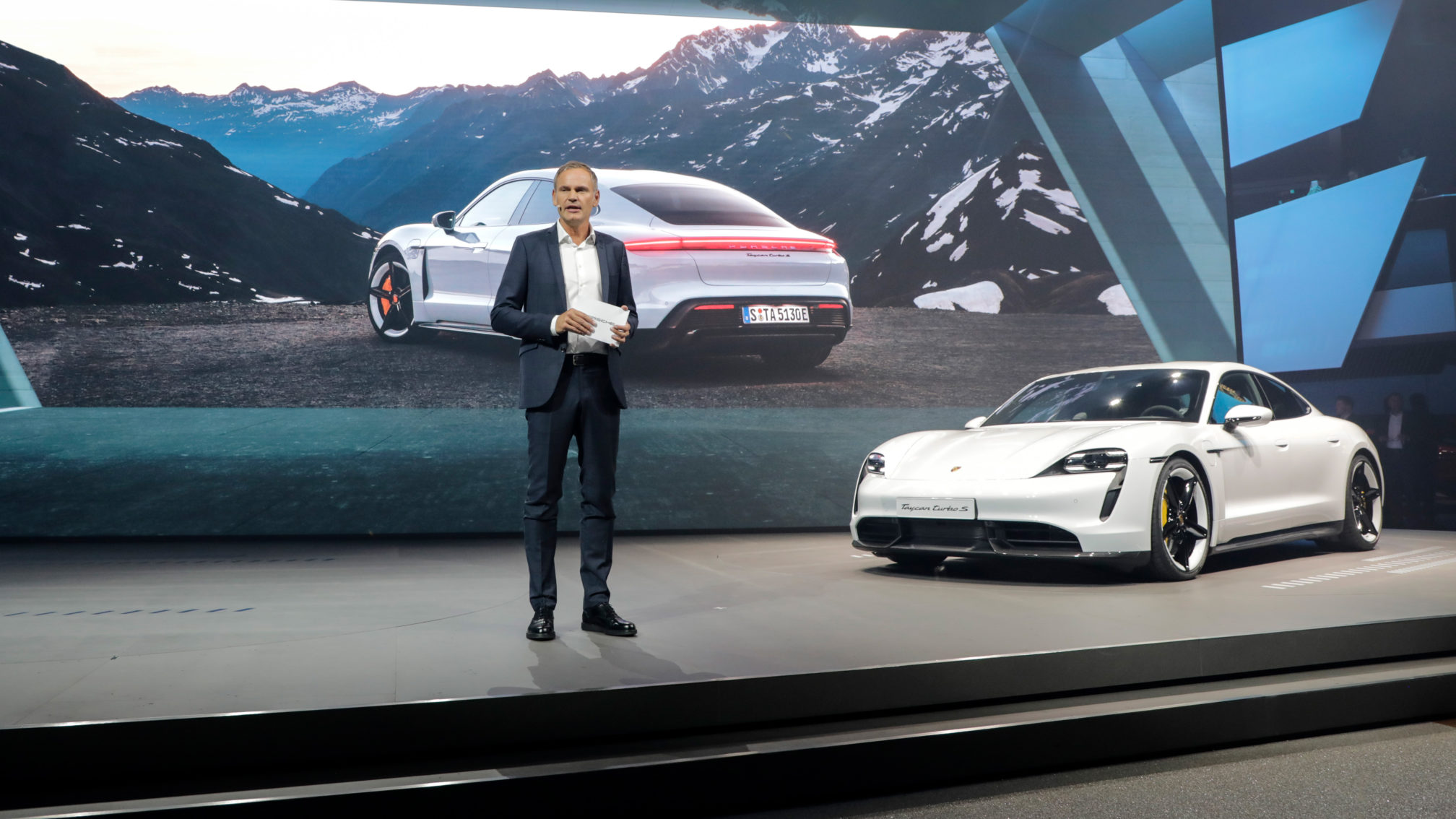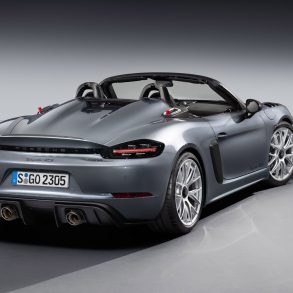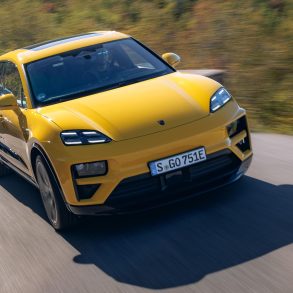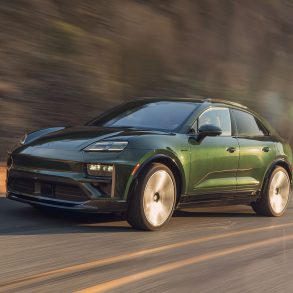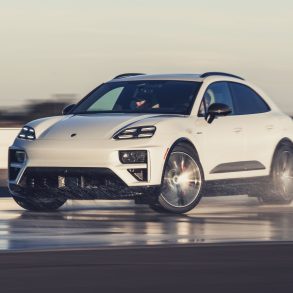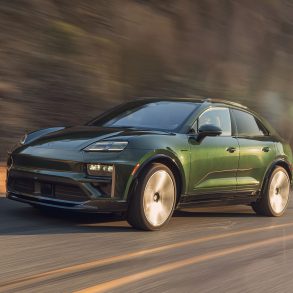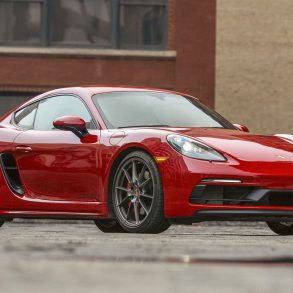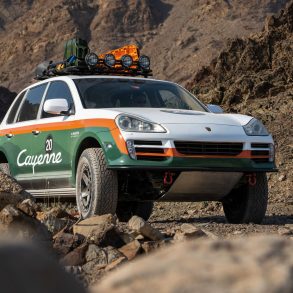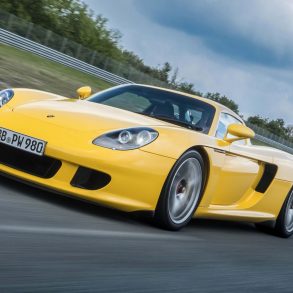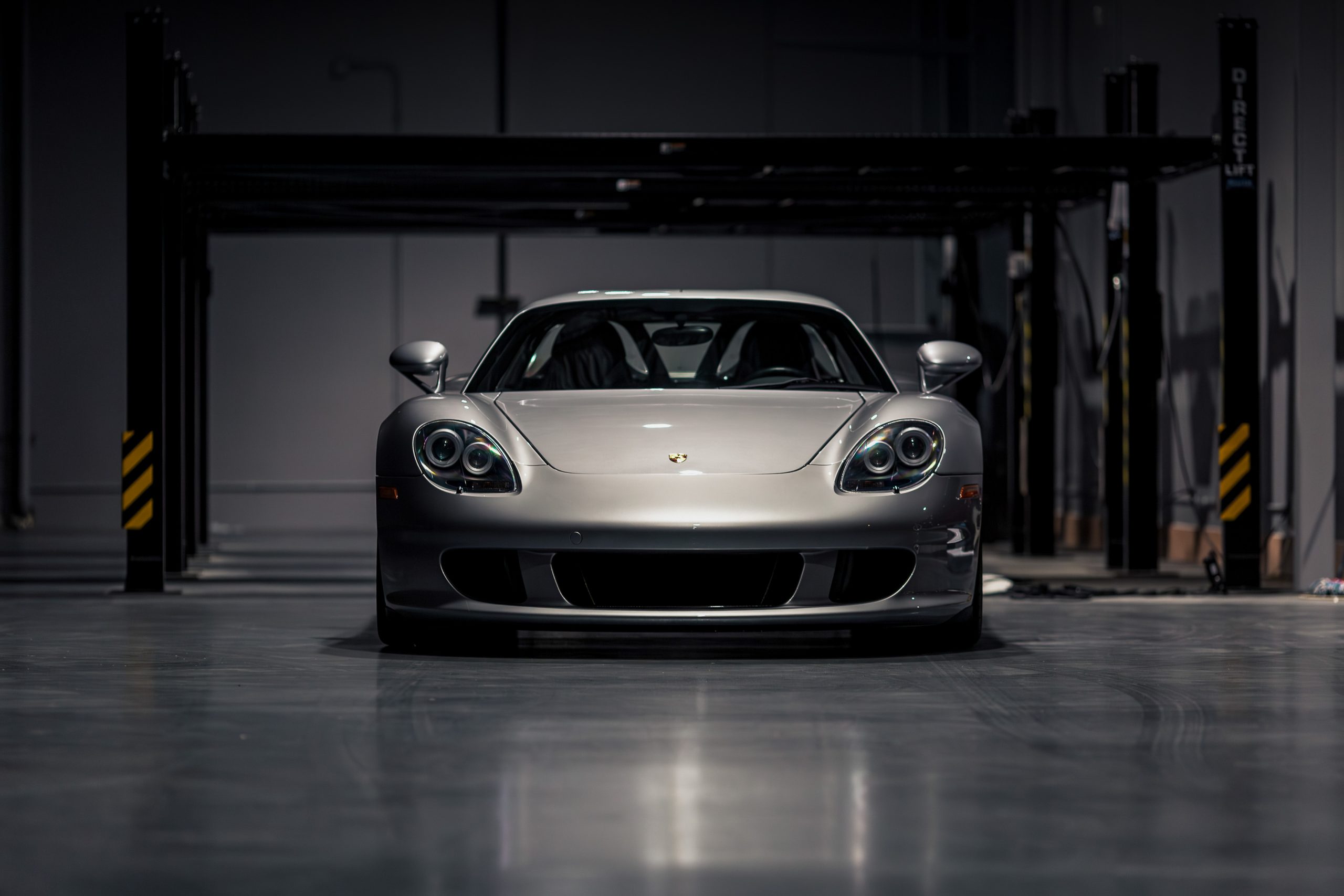In 2022, Porsche CEO Oliver Blume announced that he expects 80% of the carmaker’s sales to be made up of EVs by 2030. It was an ambitious statement that reflected the market sentiment at the time. An increasing number of automakers were hopping on the EV bandwagon, releasing a slew of EVs alongside bold promises of even more to come in the near future.
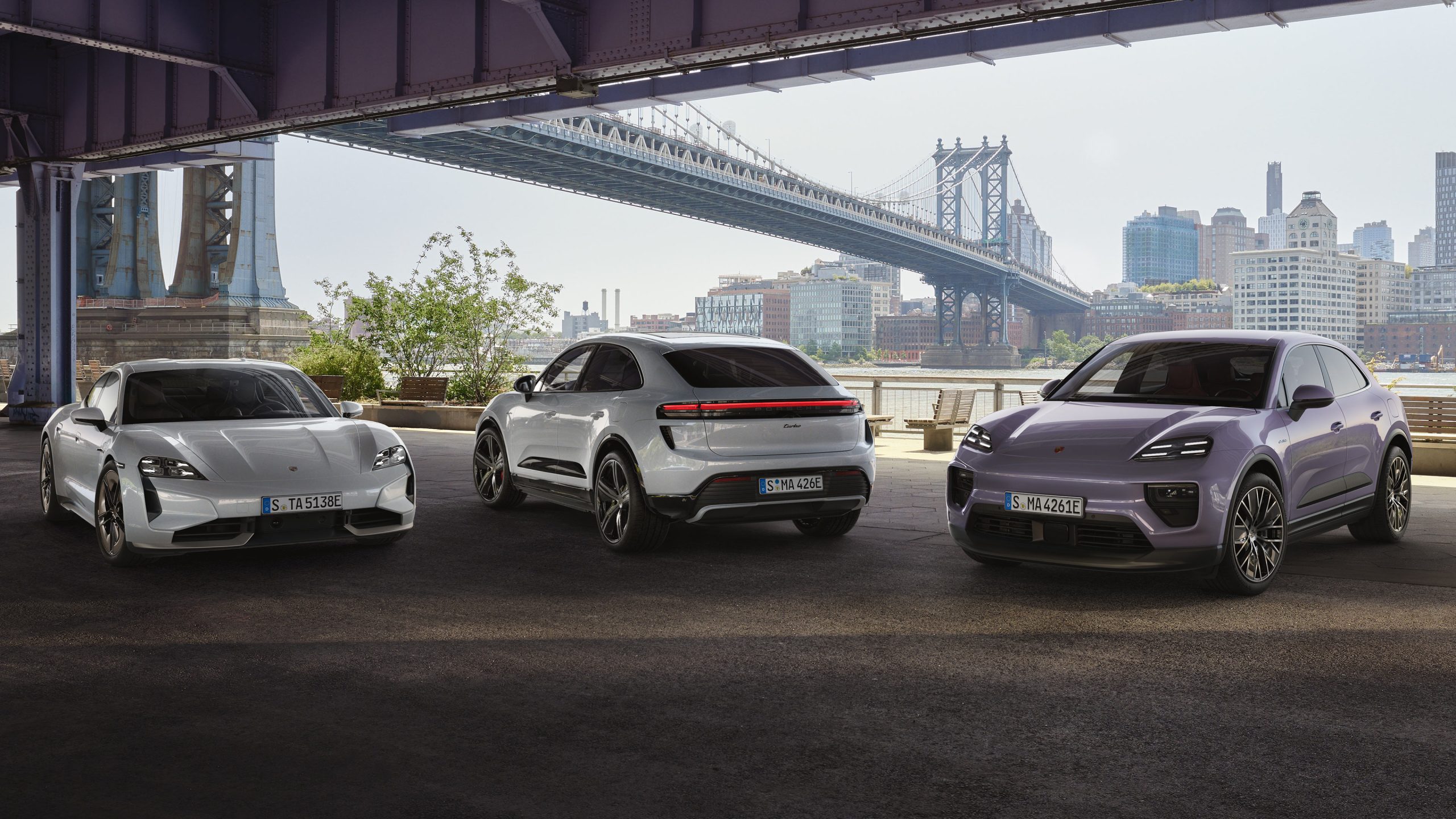
The situation has changed somewhat in recent times, with several automobile giants scaling back their EV plans. Ford cut production of its Ford F-150 Lightning truck and has now also scrapped its plans for a three-row, all-electric SUV, citing price pressures. In September 2023, Mercedes Benz CEO Ola Kaellenius stated his belief that even Europe would be unprepared for an EV-only lineup by 2030.
Electrification in Porsche’s Future
Porsche is staying true to the core of its electromobility plans. However, it has now introduced some underlying conditions. ‘The transition to electric cars is taking longer than we thought,’ Porsche said in a July statement. ‘Our strategy is set up such that we could deliver over 80% of our vehicles as all electric in 2030 – dependent on customer demand and the development of electromobility.’
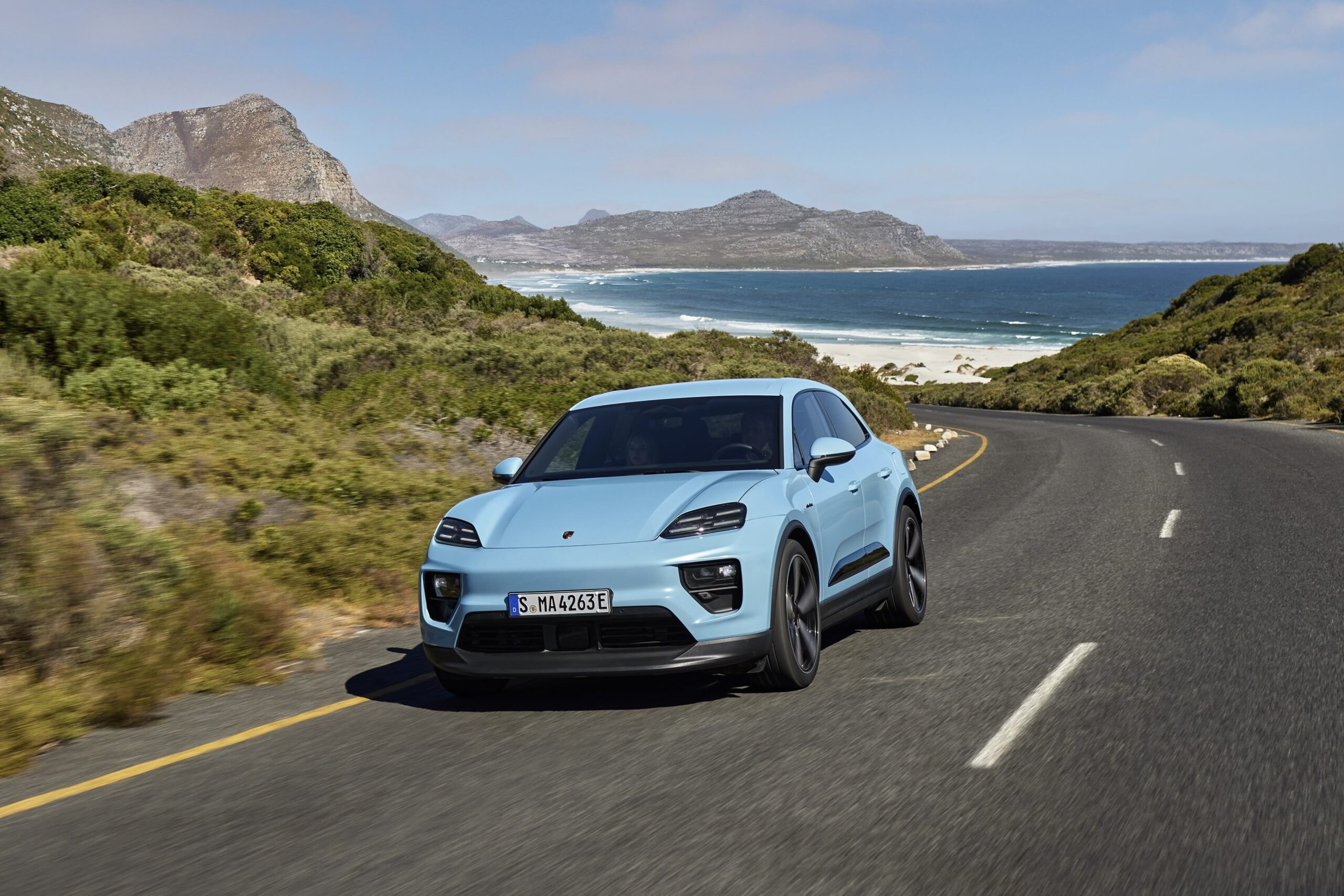
Consumers are increasingly reluctant to make the transition because of concerns around high purchase prices, charging infrastructure, range anxiety and other related issues.
The changing landscape does not mean that Porsche is making any drastic changes to its objectives. According to a company spokesperson, Porsche is not cutting its goals. It is only ‘reflecting the situation around the development of e-Mobility around the world.’
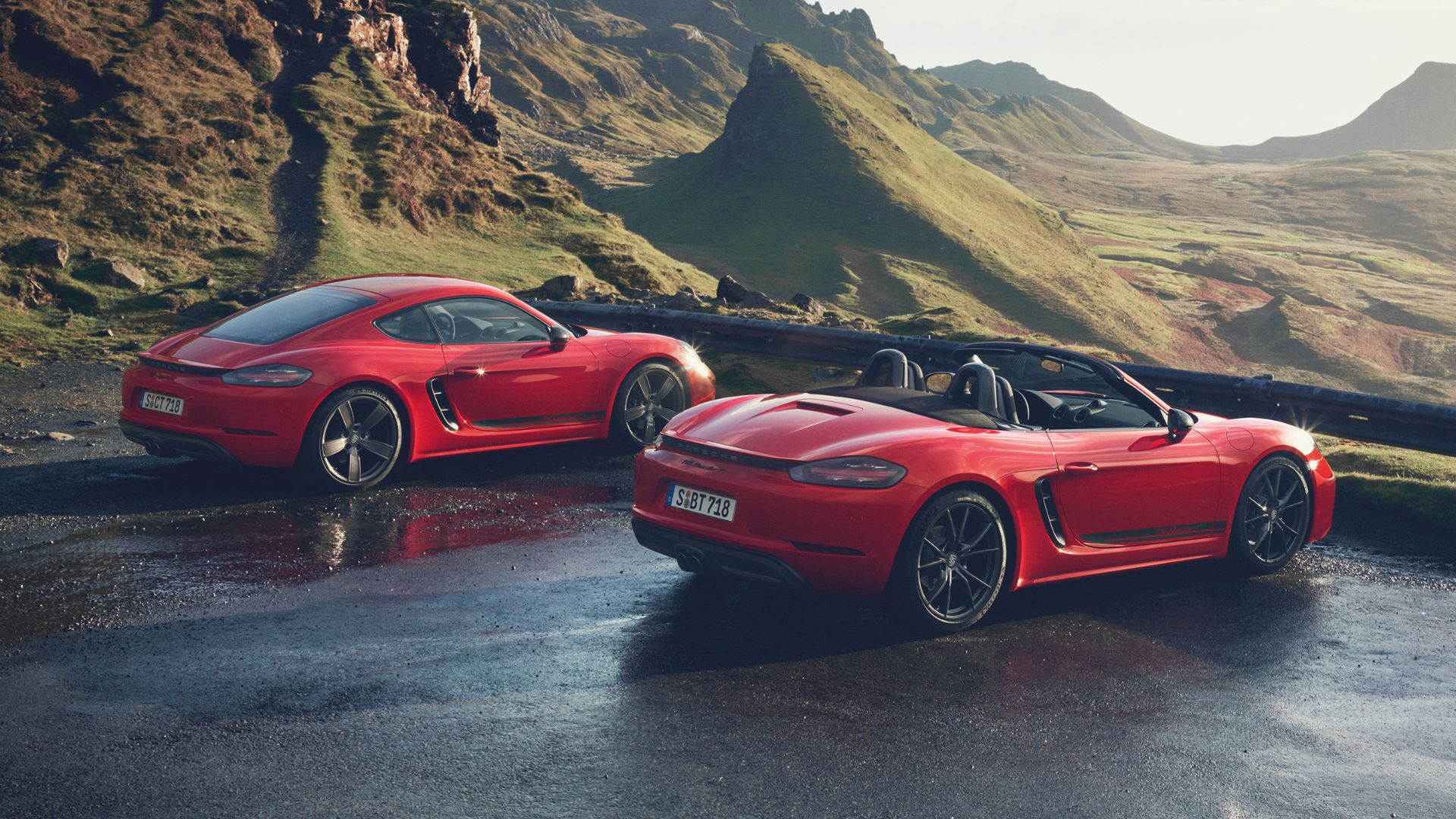
The German carmaker still plans to kill off its ICE Boxster and Cayman models in 2025, replacing them with an all-new electric version. Porsche’s best-selling vehicle, the Macan, has also had its lineup updated with the addition of an all-electric model. The Macan EV, currently available in 4 trim levels, will initially be sold alongside the gasoline models before Porsche makes the full switch to the electric platform. At least, that’s the plan for now.
Investments in Electromobility – Past, Present and Future
Porsche has committed significant investment in pursuit of its electromobility agenda. The move took off with the introduction of the Porsche Taycan in 2019. Launching an all-new vehicle, one based on a fully electric platform, required substantial capital expenditure.
Porsche reportedly spent over $800 million to build a dedicated factory in Zuffenhausen, Germany. It is part of the $6.6 Billion plus (€6 Billion) package committed to the development of Porsche electromobility by 2022.
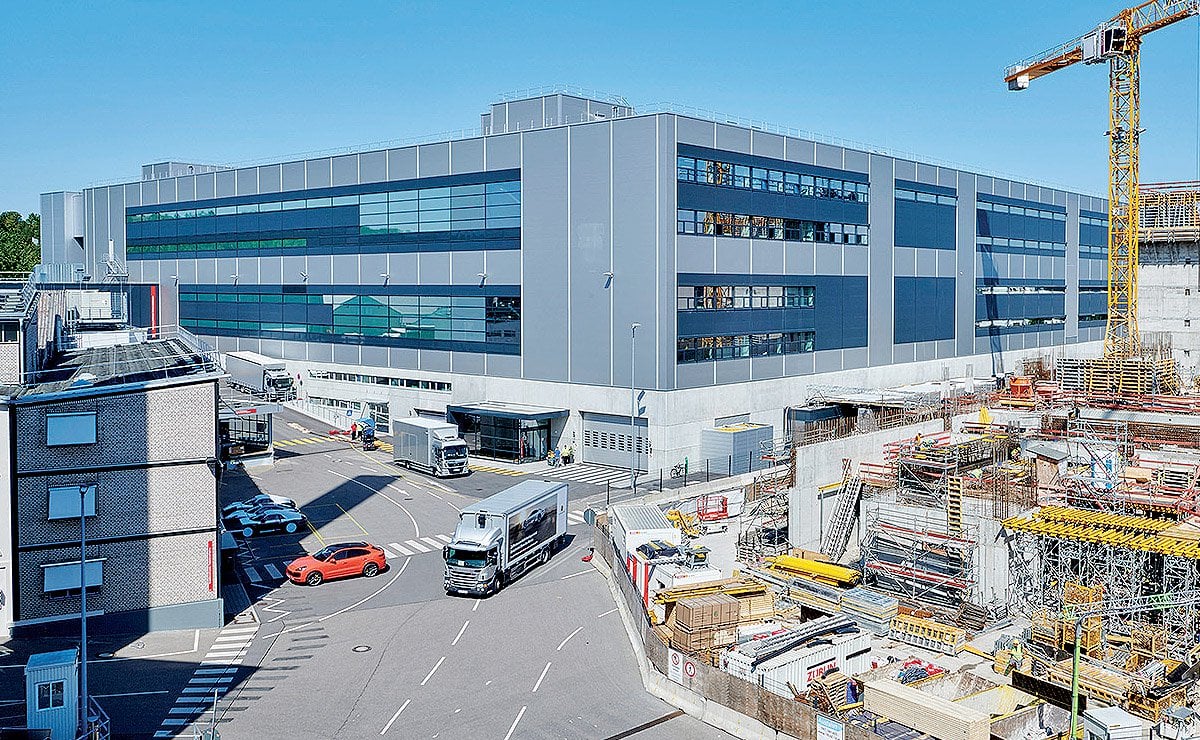
In 2021, Porsche put down what it called a ‘high double-digit million’ amount to set up a company called Cellforce GmbH. It was a joint venture with Customcells, a world leader in the development of special lithium-ion battery cells. The JV aimed to operate a production facility with a capacity of about 100 MWh per year, which, according to the partners, corresponded to high-performance battery cells for 1,000 vehicles. In 2023, Porsche assumed full ownership of Cellforce and commenced plans for a massive 10-20 gigawatt-hour factory.
In May 2024, Porsche celebrated the start of electromobility at its Leipzig factory, where the electric Macan SUV is being built. Expanding the factory site and adapting the existing facilities to support the production of the Macan EV reportedly cost about $664 million (€600 million).
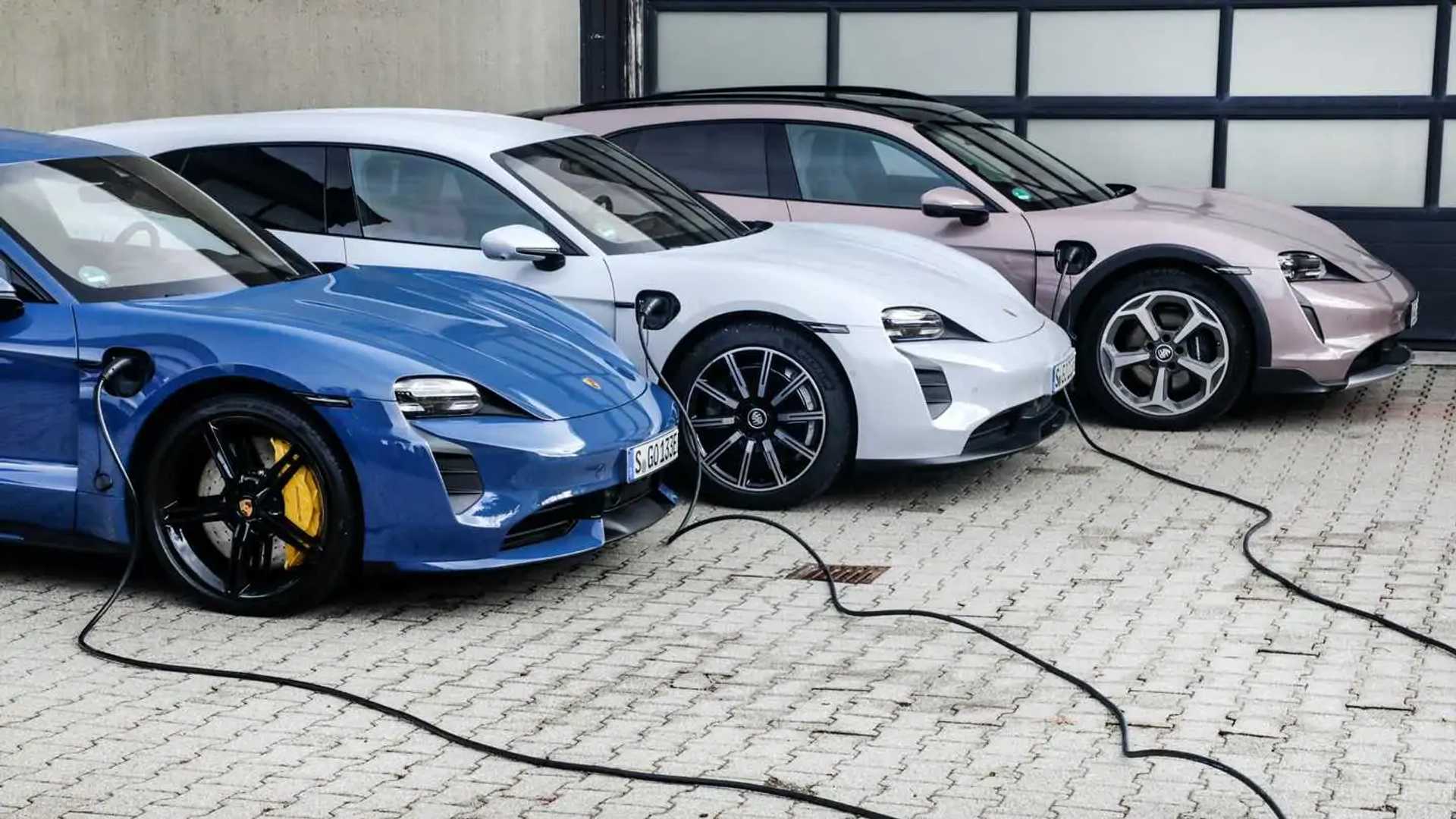
According to a 2023 Porsche press release, an eye-popping $16.6 billion (€15 billion) would have been invested in developing new technologies for electromobility by 2025. This significant amount underscores Porsche’s commitment to e-mobility as a top priority for its future-oriented development strategy.
Porsche Faces Headwinds in the EV Market
Porsche has undoubtedly made substantial strides in its electric vehicle journey, demonstrating a firm dedication to the ideals, and so far, the carmaker has recorded some big wins. The Taycan, described by Porsche as ‘a compass for the brand’s future direction,’ became an instant hit following its 2019 debut. Over 41,000 units were sold in 2021, its first full global year of sale. That same year, it even outsold Porsche’s most iconic model, the legendary 911. The 100,000th Taycan had rolled off the assembly line before the end of November 2022, just three years after production started.
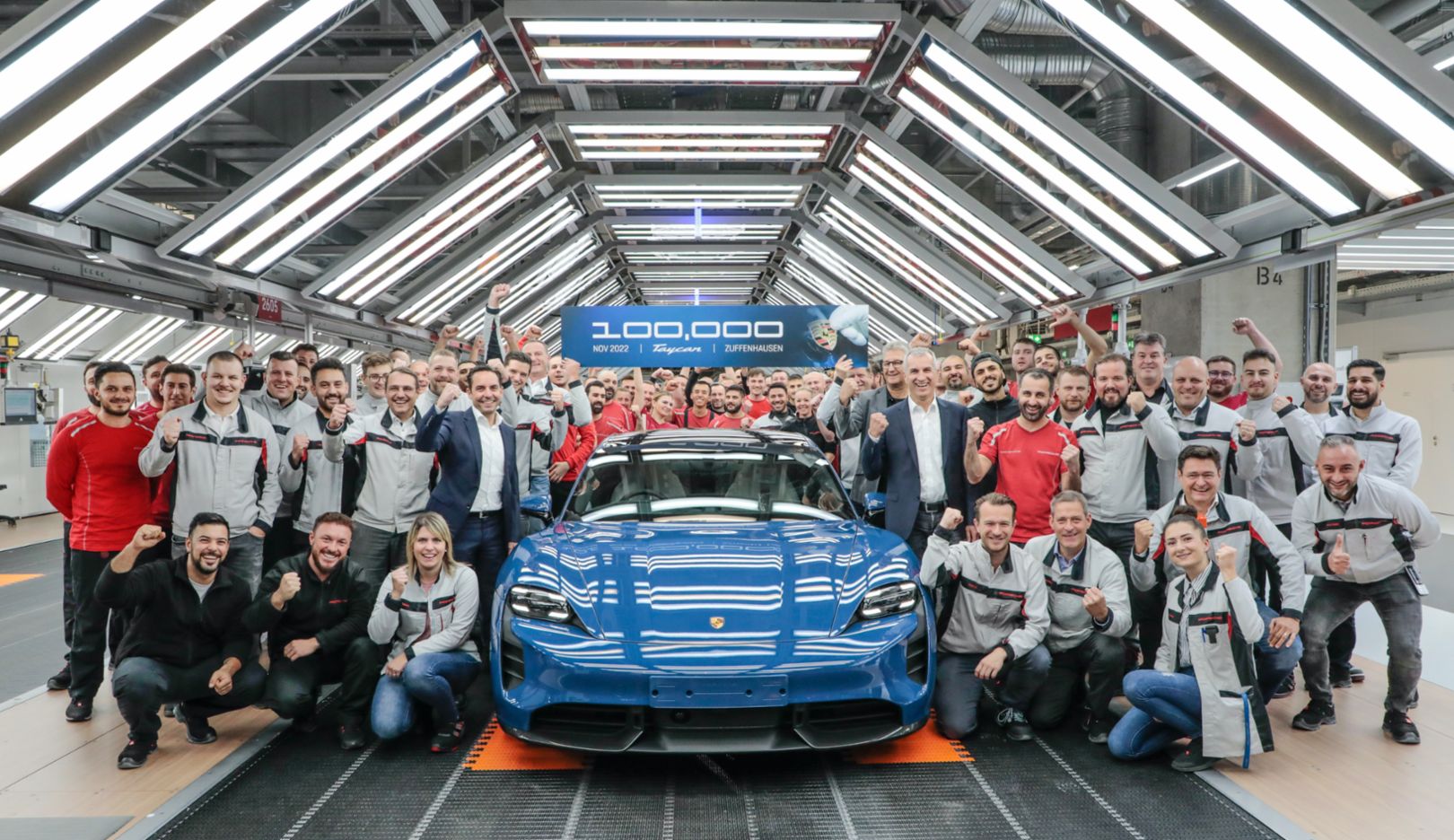
That success fuelled further ambitious moves with the introduction of the Macan EV and plans to replace its entry-level sports car with an electric variant.
However, there are storm clouds on the horizon. The sales momentum for electric vehicles has stalled in major markets, with hybrids and plug-in hybrids proving more competitive than initially thought.
In Europe, EV sales are stagnating due to reasons such as a lack of affordable models, a reduction in EV incentives and concerns about inadequate chargers. In the US, factors such as high interest rates and uncertain economic conditions have smothered EV growth. EV demand is still healthy in China, another primary market. However, foreign brands are having to compete with the country’s domestic EV production capacities.
Porsche is not immune to the current situation playing out in the EV segment. The German carmaker has been struggling with its EV sales so far in 2024. The slump is quite alarming in some cases. Taycan sales plummeted 54% in the first three months of 2024. The model has been updated for the 2025 model year, and that is expected to boost sales. Despite this, unofficial reports from Germany suggest that Porsche plans to slow down Taycan production in the face of flagging demand.
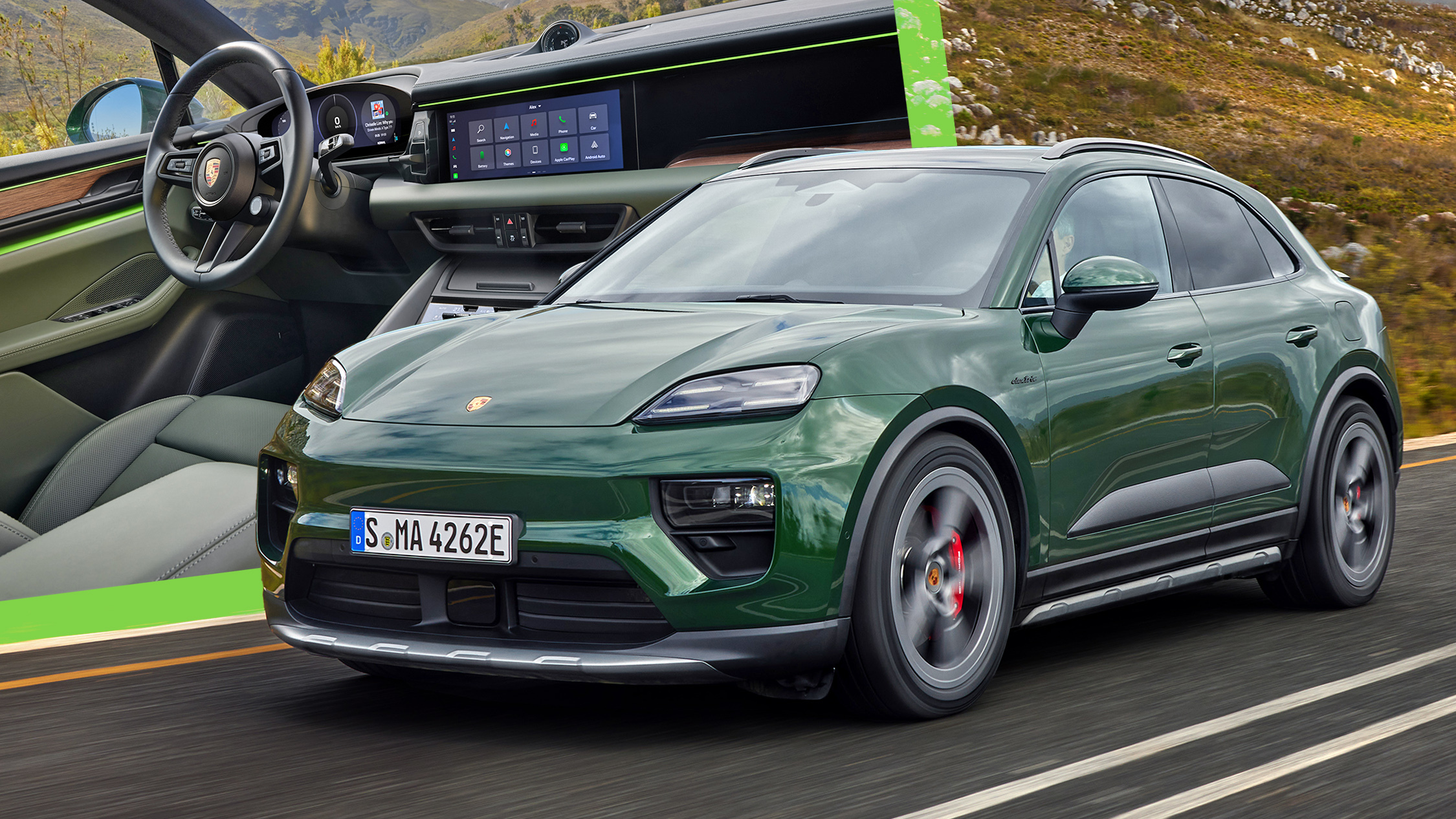
There’s also the new Macan EV. Back in March, Porsche CEO Oliver Blume stated that 10,000 orders had already been received and ‘customers haven’t even been able to drive the car yet.’ It’s an encouraging development, considering the fact that the Macan EV is nearly $20,000 more expensive than the internal combustion model it will eventually replace.
There’s still plenty of room for optimism, given Porsche’s track record with its EVs. At this point, though, it is unclear if the electric SUV can turn the situation around for Porsche.
Looking Ahead: Can Porsche Stay the Course?
Porsche is well aware of the current market realities and is ‘monitoring further developments very closely.’ Despite the challenges posed by market fluctuations and consumer hesitations, the carmaker is confident in its flexibility and ability to respond appropriately.
It is a position that makes sense, given Porsche’s massive investment over the years to blend and expand its ICE, BEV and PHEV production capacities.
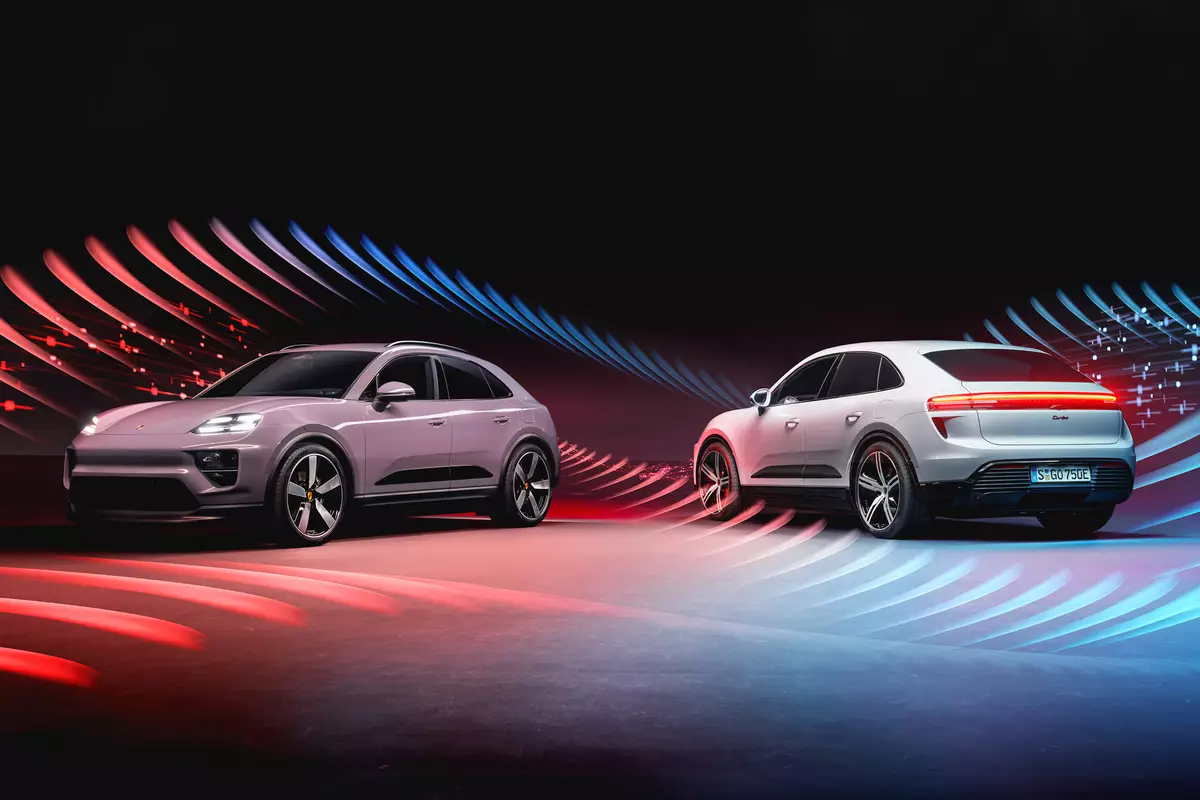
In any case, Porsche continues to promote electromobility at the forefront of its plans, citing sustainability and the need to combat the threats of climate change as two of its main drivers. These are valid reasons for Porsche to keep its 2030 vision firmly in view. However, slight tweaks have now been made to the primary objective of having 80% of the carmaker’s sales comprising EVs by 2030. It remains to be seen if further ‘adjustments’ will be deemed necessary as the global EV market continues to evolve.


